Phnom Penh/Cambodia
'My life without a childhood'
Chau Kim Heng is the founder and director of our plastic collection partner COMPED (Cambodian Education and Waste Management Organisation) in Phnom Penh. But this article is not about his epic work in combating plastic pollution in his home country.
This story is about Kim Heng’s life without a childhood.
I grew up behind a pagoda in southeastern Cambodia. I was born in the kitchen without a midwife, as the fifth child out of ten. My parents were workers and peasants.
When I was six years old, war broke out in Cambodia. The Khmer Rouge took power and murdered 3 million Cambodians, letting them die from starvation, letting them die from diseases. The government of Cambodia murdered its own people, millions of people.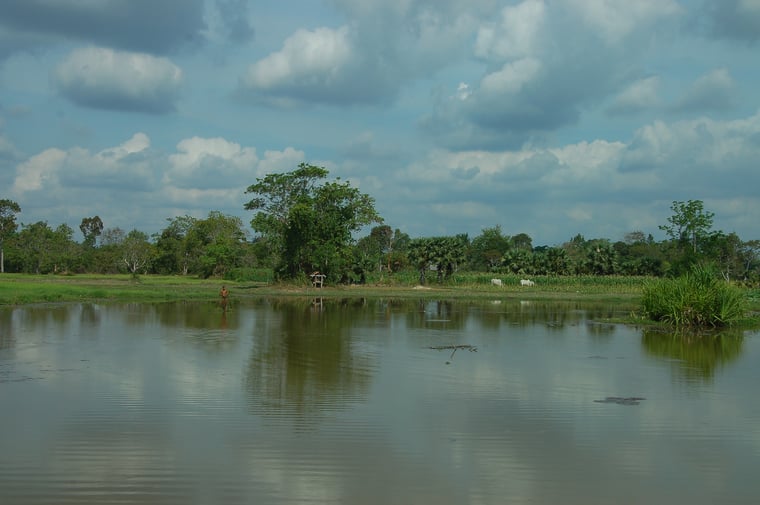
I didn't have a happy childhood. Constantly having to run home and hide because there were always shootings and bombardments around us.
I suffered a lot during those years. I lost my family little by little. My siblings and I were always on the run, my niece was born on the run. I couldn’t go to school.
My father was killed by the Khmer Rouge, and my mother from an unknown illness. After their death, as the oldest son, I had to take over the responsibility and education for all of my surviving siblings. When we finally rejoined our family members, we were divided among our relatives. My aunt and uncle took me and one of my sisters in.
Once the war was finally over, I was still not allowed to go to school, this time because I was too old. So I faked my birth year on my birth certificate and made myself three years younger. I entered the fourth grade at 17 years old.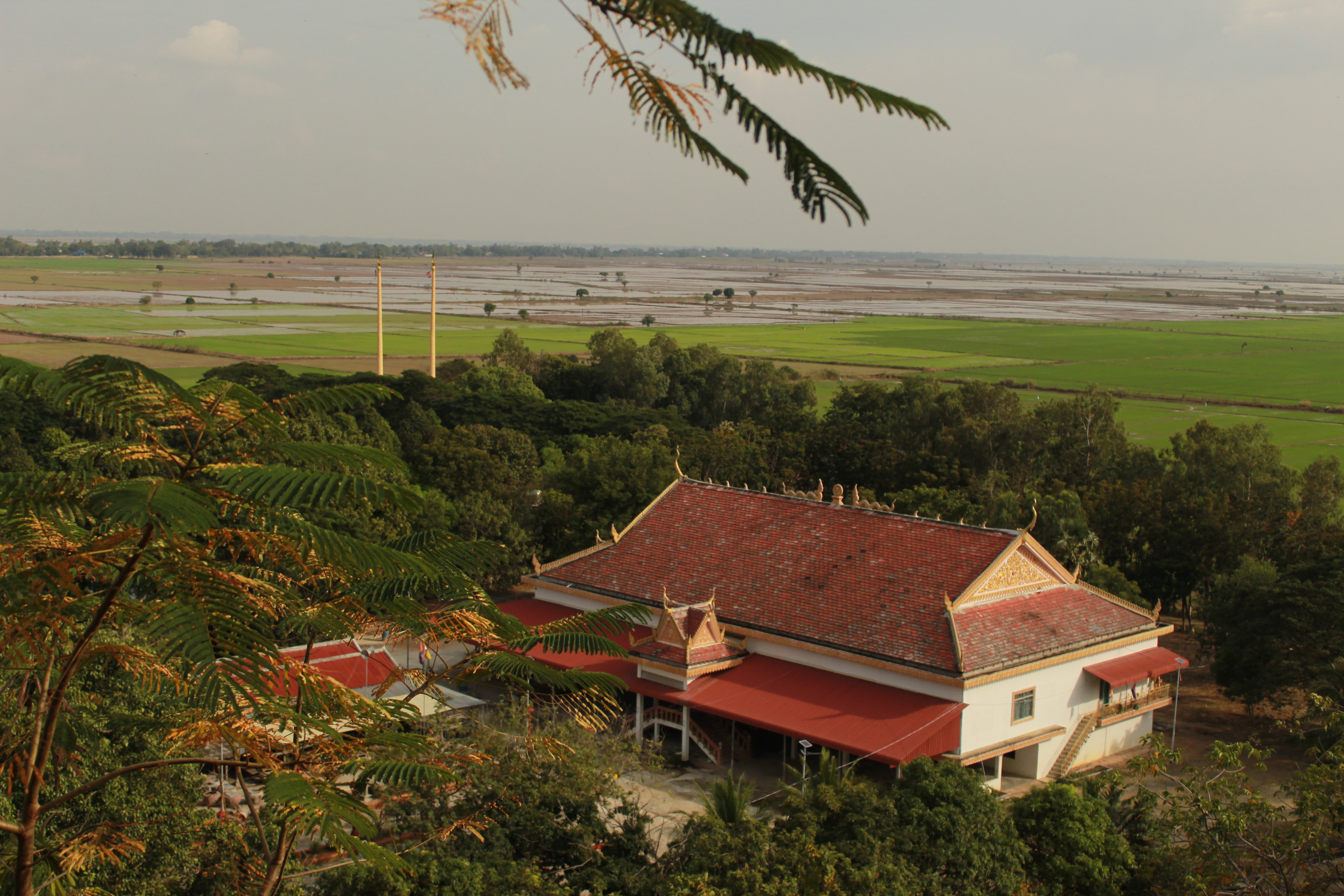
My relatives could no longer support me economically, so I was homeless for six months. I had no other option but to go to the pagoda. So I served the monks for several years and at the same time, continued my education.
In the pagoda, we lived on the offerings and support of the faithful. But this was not enough for me to make a proper living and I had to find a way to earn money. So after school, I worked as a rickshaw puller.
After I finished school, I applied to study abroad. At that time there was an agreement between the GDR/East Germany and Cambodia that offered scholarships to good students. I applied and got chosen.
From August 1987 to March 1998, for almost 11 years, I studied and lived in Germany.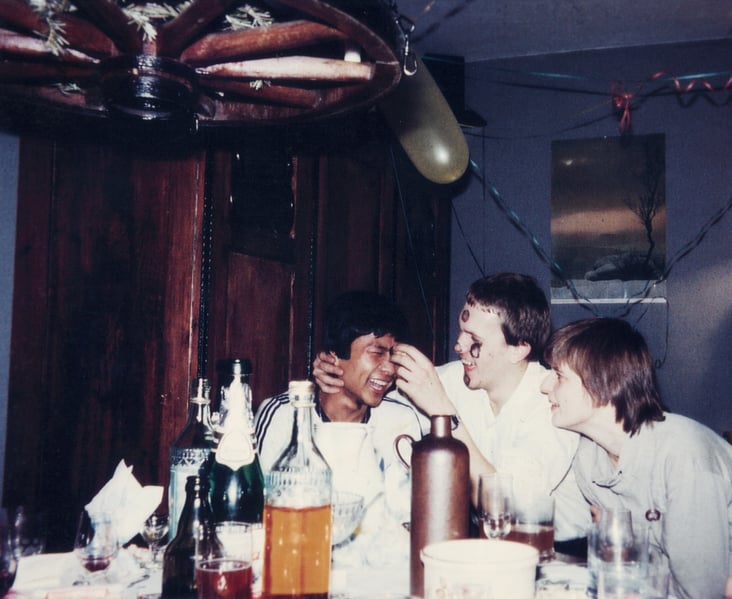
The Ministry of Education in the GDR had determined that I studied physics, although I would much rather have studied medicine.
In Germany, I met my Cambodian wife Avy, who like me had received a scholarship. In 1992 we got married in Berlin and our first son Kolvoan was born.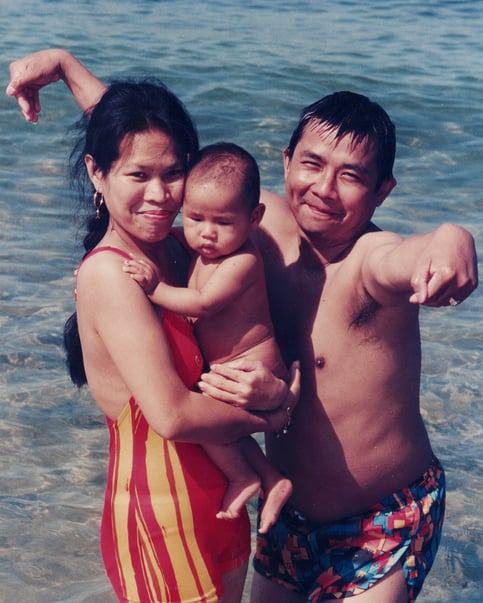
We missed our families and home country so much during that time. In 1998, finally, we returned to Cambodia. I was overwhelmed by joy when my siblings picked us up at the airport in Phom Penh.
I never intended to stay abroad for that long. Too strong was the longing for my homeland and my relatives. I needed my brothers and sisters and they needed me.
Since 1998, Cambodia is not longer at war, but the horrific events have set our country back by years. Many people live in poverty and not all children have the same opportunities for a better future. Poor children, especially girls in the countryside are disadvantaged and receive too little schooling, even though schooling is compulsory in Cambodia.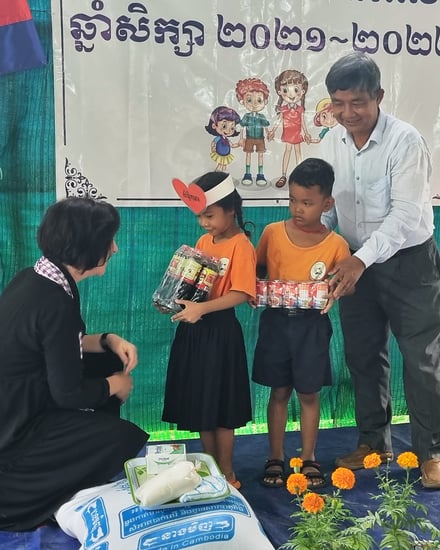
My son Kolvoan is now 25. He works with me to support our kindergarten project which helps children of waste picker families in the region.
These families often live close to or directly on landfills, making a living by going through the trash and selling anything that has some value. These people earn less than 1 € a day and have no time at all for their children and certainly not for their education.
They always take their young children to the dump, who work through the garbage with them or wait nearby, in the middle of that terrible smell, disgusting waste, and in direct danger of dirt and contamination.
I decided to get involved with these children 22 years ago by starting my education program for underprivileged children of waste pickers in the region.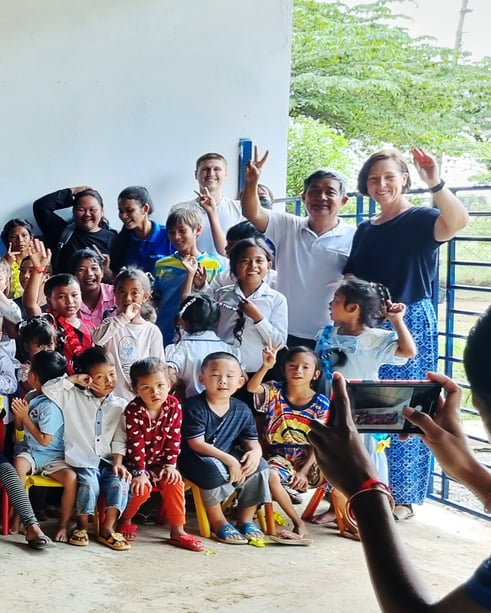
We take care of these children during the day. They come to our Kindergarten early in the morning, we give them breakfast, and lunch, they nap and are taken care of. They can play like children are supposed to play.
We talk to them about hygiene, give them access to soap and clean water, and teach them how to read, write, and do basic maths.
We provide sponsorships for gifted children who are eager to go to school, but whose families don’t have the financial means. Some of these children have gone on to get their university degrees and are now working as doctors or lawyers. They give back so much. Some are now volunteering with our project.
Through this work I am confronted again and again with my own childhood - a childhood I didn't have. I’ve written a book about my life and I hope that it will help me to let go of my terrible experiences and strengthen my motivation to continue with a lot of energy for the children.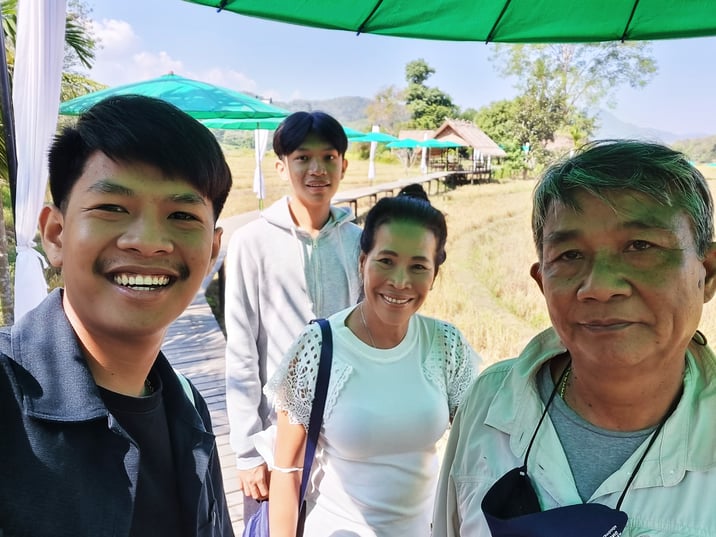
Today Kim Heng lives in Phnom Penh with his wife Avy and his two sons Kolvoan and Daravuth.
Background information on the rule of the Khmer Rouge:
The Khmer Rouge takeover in 1975 marked the beginning of a period of unimaginable horror in Cambodia. During the reign of terror, millions of Cambodians, an estimated quarter of the population, were killed.
The Khmer Rouge's goal was to make the country a communist peasant state and independent from foreign countries. This process included the expulsion of the population from the cities to the countryside, families were separated and divided into labor brigades. Children were separated from their parents, forced marriages were introduced, religions were banned, and pagodas, hospitals, and schools were destroyed. Property and money were abolished. Intellectuals, including pupils and students, were murdered.

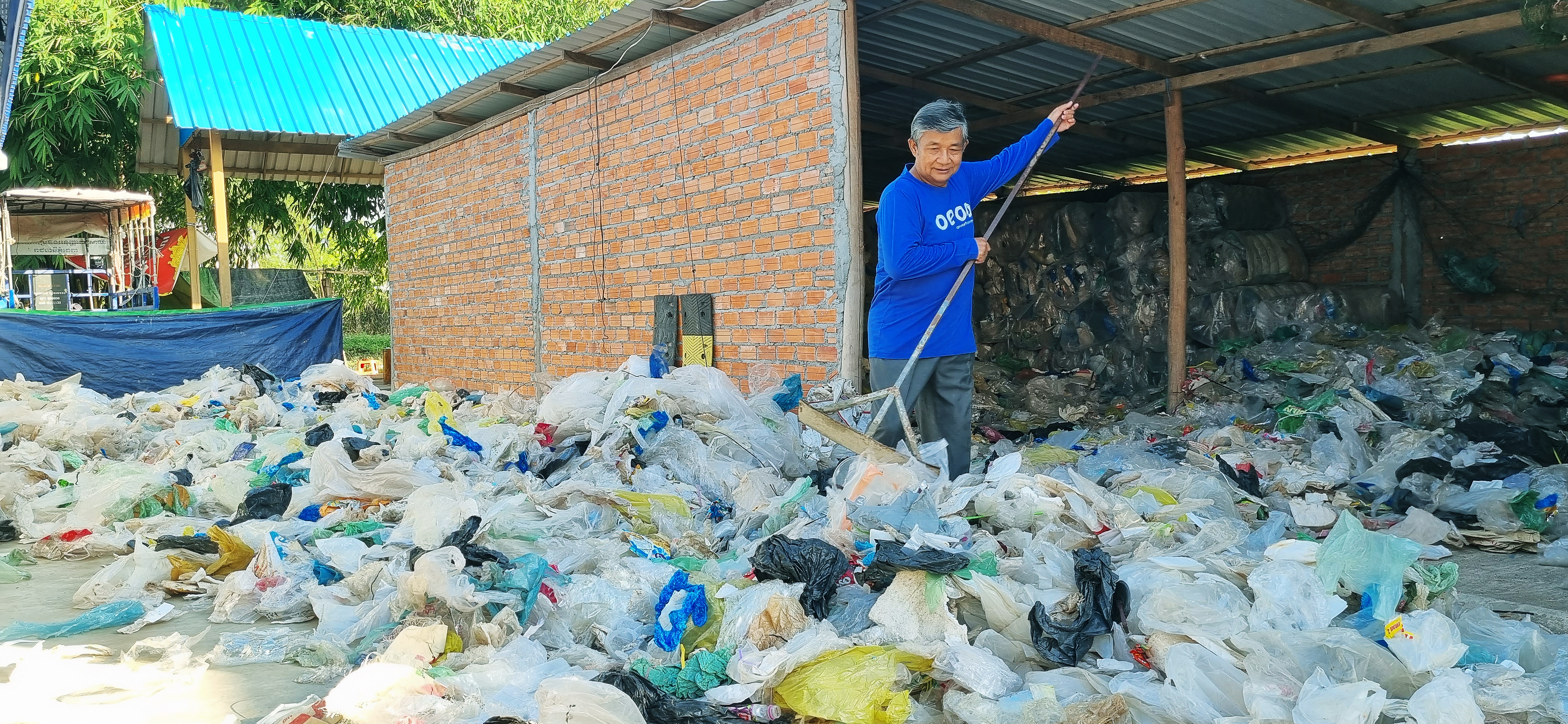
-3.png)
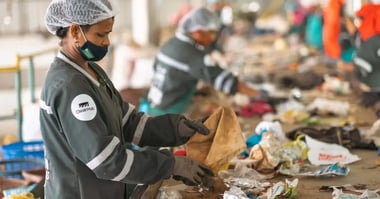
.jpg?width=380&name=drone-2021-12-06-10h31m38s177%20(1).jpg)
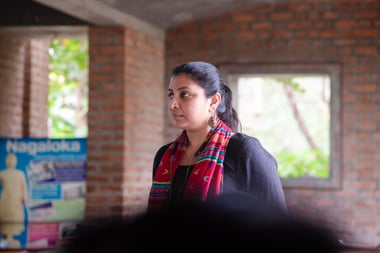

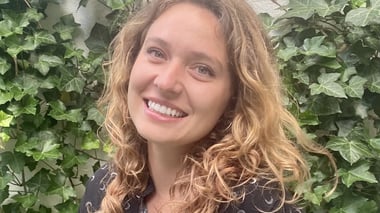
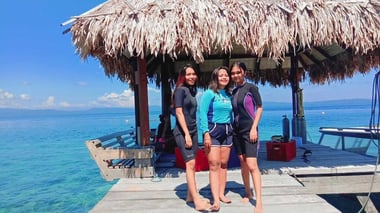
.webp?width=380&name=Sarah-Jeanne-Royer%20(1).webp)
-2.png?width=380&name=Untitled%20design%20(2)-2.png)
-1.webp?width=380&name=microplastics%20(1)-1.webp)

